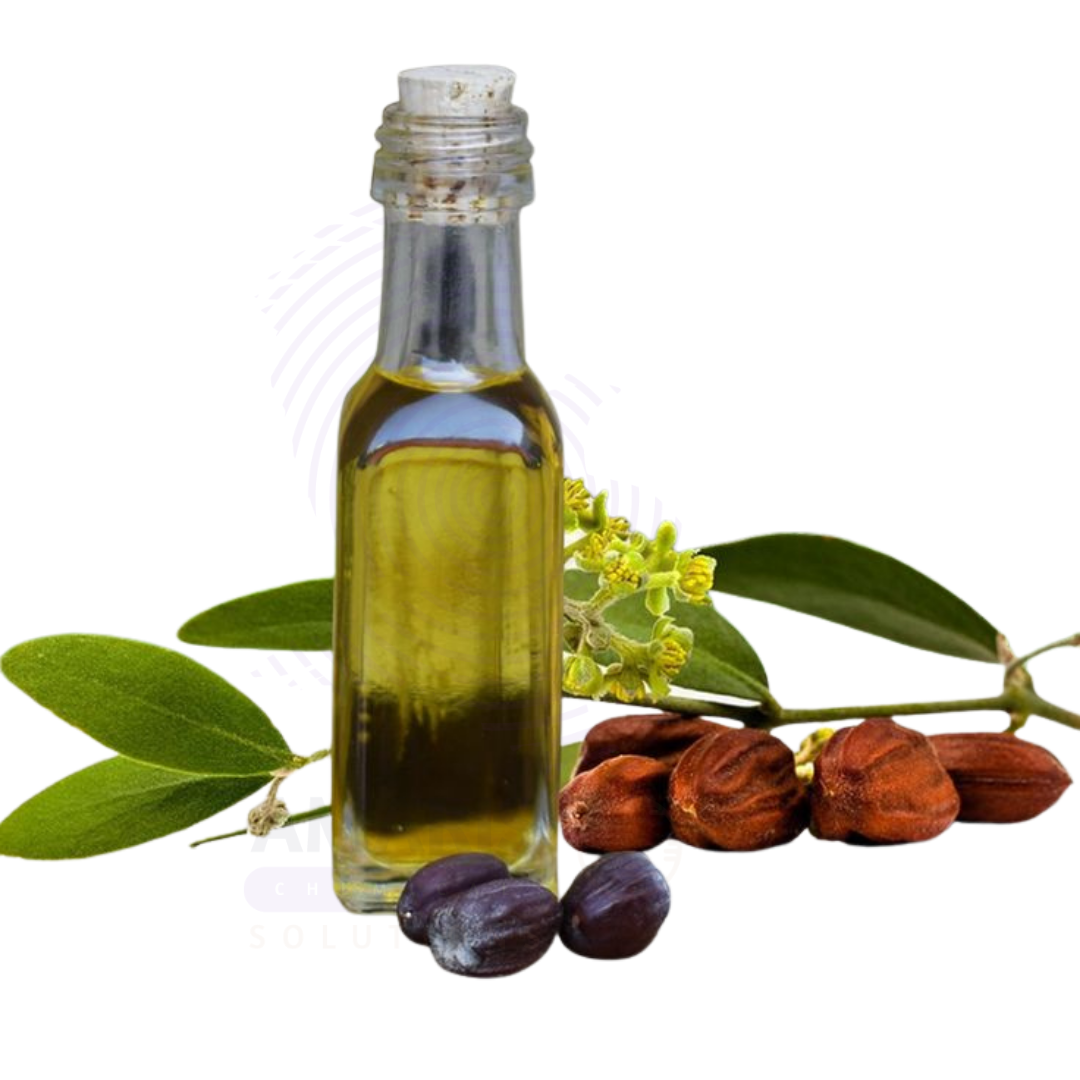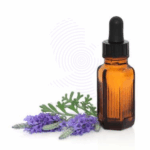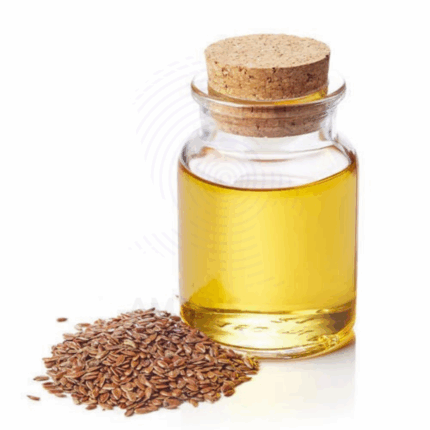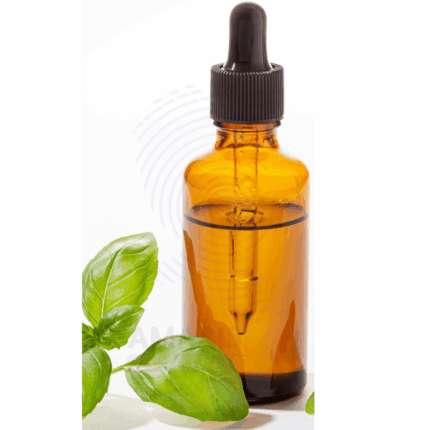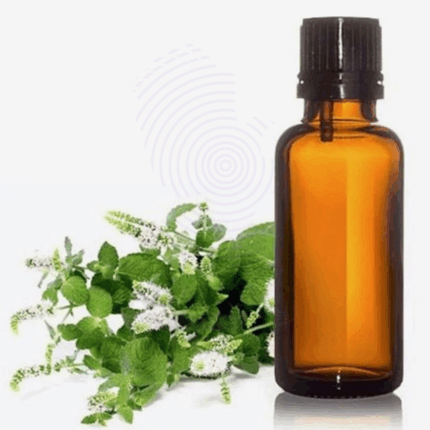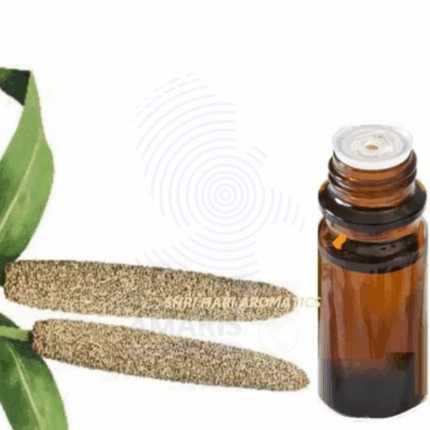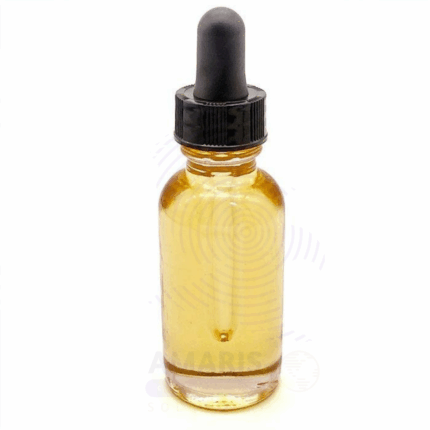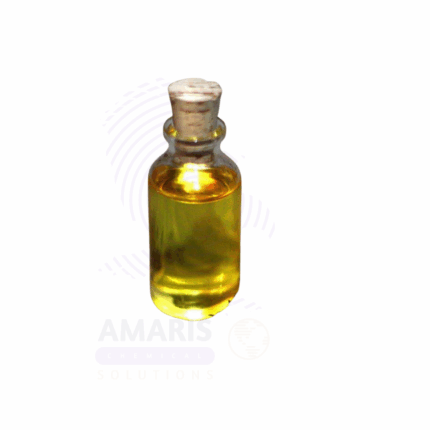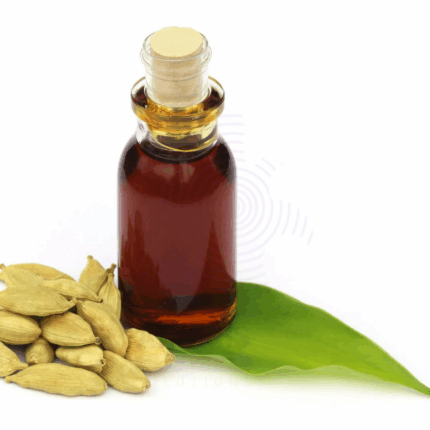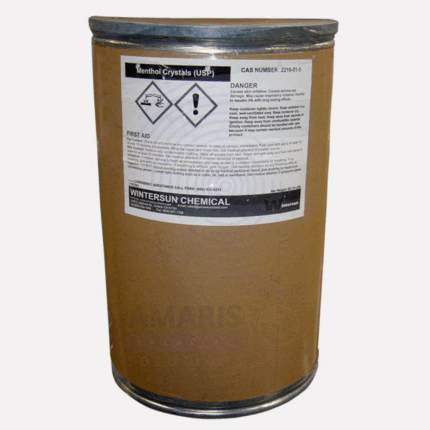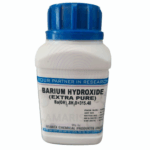
Abis Sibirica Oil
Abis Sibirica Oil, commonly referred to as Siberian Fir Needle Oil, is a premium-grade essential oil obtained through steam distillation of the needles and twigs of the Abies sibirica tree, native to Siberia and parts of Northern Europe. This oil is renowned for its crisp, woody, and resinous aroma with delicate balsamic undertones. Rich in natural compounds such as bornyl acetate, alpha-pinene, and limonene, Abies Sibirica Oil exhibits powerful antimicrobial, anti-inflammatory, and expectorant properties.
Used traditionally in wellness therapies and natural medicine, this oil supports respiratory comfort, emotional balance, and muscle relief. In modern applications, it serves as a natural fragrance and active ingredient in cosmetics, personal care products, spa treatments, and eco-friendly cleaning solutions. Its invigorating scent and therapeutic versatility make it a staple in essential oil formulations across multiple industries.
Abis Sibirica Oil
Primary Uses
- Aromatherapy & Wellness
- Diffused to clear nasal passages and ease breathing during seasonal discomfort.
- Used in steam inhalation therapies to relieve sinus congestion and support lung function.
- Incorporated in massage blends for muscle tension, joint stiffness, and physical fatigue.
- Used in calming blends to uplift mood and reduce mental fog or burnout.
- Included in energy-boosting oil rollers and diffuser blends for revitalization.
- Cosmetics and Personal Care
- Added to creams and lotions for skin-refreshing and toning effects.
- Included in body scrubs and bath oils for an invigorating, purifying spa experience.
- Used in foot care products to relieve tired feet, reduce odor, and refresh the skin.
- Blended into soaps, body washes, and deodorants for its clean scent and antimicrobial activity.
- Applied in shampoos and scalp treatments for refreshing, clarifying, and balancing benefits.
- Added to beard oils and men’s grooming products for a masculine, forest-like aroma.
- Used in post-exercise recovery balms and sports gels for muscle relaxation and rejuvenation.
- Topical Applications
- Diluted in carrier oils and applied as a chest rub for respiratory support.
- Used in compresses or salves to reduce localized inflammation and discomfort.
- Included in natural insect repellent blends due to its fresh pine scent and bug-deterring properties.
- Applied in anti-itch and soothing sprays for minor skin irritations and rashes.
Secondary Uses
- Cleaning and Detergent Products
- Added to multi-surface cleaners and sanitizing sprays for its antimicrobial and deodorizing properties.
- Used in laundry detergents and fabric sprays for a crisp, fresh scent.
- Incorporated in natural floor and bathroom cleaners for both fragrance and purifying function.
- Used in air fresheners and diffusers to eliminate odors and refresh indoor environments.
- Spa and Therapeutic Products
- Added to sauna oils and steam bath infusions to open airways and boost circulation.
- Included in bath salts and aromatherapy soaks for stress relief and body refreshment.
- Used in massage oils, muscle balms, and therapeutic ointments for post-workout recovery.
- Incorporated in aromatherapy rollers and sprays for mindfulness, grounding, and invigoration.
- Fragrance and Ambient Scenting
- Used as a middle or top note in natural perfumes with woody, herbal, or green accords.
- Blended into scented candles and room sprays to create a clean, alpine atmosphere.
- Incorporated in seasonal fragrances such as holiday blends, forest diffusers, and nature-inspired perfumes.
- Applied in wardrobe and linen sprays to add a refreshing, evergreen scent to fabrics.
- Pet and Animal Care
- Used in pet-safe cleaning sprays and deodorizing room blends (in low concentrations and with veterinary guidance).
- Occasionally incorporated in natural pet grooming products for odor control.
- Industrial and Specialty Applications
- Employed in specialized adhesives, sealants, or coatings where a natural fragrance component is desired.
- Used in forestry- or nature-themed product lines as a brand-signature scent.
| PACK SIZE |
5kg |
|---|
1. Basic Identification Attributes
- Botanical Name: Abies sibirica
- Common/Trade Name: Abies Sibirica Oil / Siberian Fir Needle Oil
- INCI Name: Abies Sibirica Oil
- CAS Number: 8021-29-2
- HS Code: 3301.29
- Synonyms: Siberian Fir Oil, Siberian Pine Oil, Russian Fir Needle Oil
2. Physical & Chemical Properties
- Physical State: Liquid essential oil
- Color & Odor: Clear to pale yellow; fresh, coniferous, balsamic aroma
- Solubility: Insoluble in water; soluble in alcohol and fixed oils
- Refractive Index: 1.470 – 1.490
- Specific Gravity: 0.870 – 0.910
- Main Components: Bornyl acetate, camphene, alpha-pinene, beta-pinene, limonene
3. Safety & Hazard Attributes
- GHS Classification: May cause skin irritation and sensitization; avoid prolonged exposure
- Toxicity: Low toxicity when used properly diluted; external use only
- Exposure Limits: Refer to Safety Data Sheet (SDS)
- Allergen Information: Contains naturally occurring allergens including limonene, linalool, and pinene
4. Storage & Handling Attributes
- Storage Conditions: Store in a cool, dry, well-ventilated area away from direct sunlight
- Container Type: Amber glass or aluminum containers with secure closures to minimize oxidation
- Shelf Life: 24 to 36 months when properly stored
- Handling Precautions: Use gloves and goggles during bulk handling; avoid contact with eyes and mucous membranes
5. Regulatory & Compliance Attributes
- Compliant with IFRA standards for safe fragrance use
- Produced in GMP-compliant manufacturing facilities
- Not classified as hazardous for transport under standard international shipping regulations
6. Environmental & Health Impact
- Biodegradability: Biodegradable under normal environmental conditions
- Ecotoxicity: Low aquatic toxicity at typical use concentrations
- Bioaccumulation: Not expected to significantly bioaccumulate
Safety Handling Precautions
- PPE Required: Gloves, protective eyewear, and mask during handling in industrial or lab environments
- Handling Guidelines: Avoid dust or vapor formation; work in a ventilated area or fume hood
First Aid Measures
- Inhalation: Move to fresh air; consult medical attention if breathing difficulty occurs
- Skin Contact: Wash thoroughly with soap and water; discontinue use if irritation develops
- Eye Contact: Rinse immediately with plenty of water for at least 15 minutes; seek medical help
- Ingestion: Do not induce vomiting; rinse mouth and seek medical attention immediately
Firefighting Measures
- Fire Hazards: Flammable; keep away from open flames and ignition sources
- Extinguishing Media: Foam, dry chemical powder, carbon dioxide, or water mist
- Special Precautions: Wear self-contained breathing apparatus and full protective gear
- Hazardous Combustion Products: Carbon monoxide, carbon dioxide, aromatic hydrocarbons


 Preservatives(food)
Preservatives(food) Flavor Enhancers
Flavor Enhancers Acidulants
Acidulants Sweeteners
Sweeteners Antioxidants
Antioxidants Colorants(food)
Colorants(food) Nutraceutical Ingredients (food)
Nutraceutical Ingredients (food) Nutrient Supplements
Nutrient Supplements Emulsifiers
Emulsifiers
 Collectors
Collectors Dust Suppressants
Dust Suppressants Explosives and Blasting Agents
Explosives and Blasting Agents Flocculants and Coagulants
Flocculants and Coagulants Frothers
Frothers Leaching Agents
Leaching Agents pH Modifiers
pH Modifiers Precious Metal Extraction Agents
Precious Metal Extraction Agents
 Antioxidants(plastic)
Antioxidants(plastic) Colorants (Pigments, Dyes)
Colorants (Pigments, Dyes) Fillers and Reinforcements
Fillers and Reinforcements Flame Retardants
Flame Retardants Monomers
Monomers Plasticizers
Plasticizers Polymerization Initiators
Polymerization Initiators Stabilizers (UV, Heat)
Stabilizers (UV, Heat)
 Antifoaming Agents
Antifoaming Agents Chelating Agents
Chelating Agents Coagulants and Flocculants
Coagulants and Flocculants Corrosion Inhibitors
Corrosion Inhibitors Disinfectants and Biocides
Disinfectants and Biocides Oxidizing Agents
Oxidizing Agents pH Adjusters
pH Adjusters Scale Inhibitors( water)
Scale Inhibitors( water)
 Antioxidants(cosmetic)
Antioxidants(cosmetic) Emollients
Emollients Fragrances and Essential Oils
Fragrances and Essential Oils Humectants
Humectants Preservatives
Preservatives Surfactants(cosmetic)
Surfactants(cosmetic) Thickeners
Thickeners UV Filters
UV Filters
 Fertilizers
Fertilizers Soil Conditioners
Soil Conditioners Plant Growth Regulators
Plant Growth Regulators Animal Feed Additives
Animal Feed Additives Biostimulants
Biostimulants Pesticides (Herbicides, Insecticides, Fungicides)
Pesticides (Herbicides, Insecticides, Fungicides)
 Active Pharmaceutical Ingredients (APIs)
Active Pharmaceutical Ingredients (APIs) Excipients
Excipients Solvents(pharmaceutical)
Solvents(pharmaceutical) Antibiotics
Antibiotics Antiseptics and Disinfectants
Antiseptics and Disinfectants Vaccine Adjuvants
Vaccine Adjuvants Nutraceutical Ingredients (pharmaceutical)
Nutraceutical Ingredients (pharmaceutical) Analgesics & Antipyretics
Analgesics & Antipyretics
 Analytical Reagents
Analytical Reagents Solvents(lab)
Solvents(lab) Chromatography Chemicals
Chromatography Chemicals Spectroscopy Reagents
Spectroscopy Reagents microbiology-and-cell-culture-reagents
microbiology-and-cell-culture-reagents Molecular Biology Reagents
Molecular Biology Reagents Biochemical Reagents
Biochemical Reagents Inorganic and Organic Standards
Inorganic and Organic Standards Laboratory Safety Chemicals
Laboratory Safety Chemicals Specialty Laboratory Chemicals(Special Laboratory Equipment)
Specialty Laboratory Chemicals(Special Laboratory Equipment)
 Demulsifiers
Demulsifiers Hydraulic Fracturing Fluids
Hydraulic Fracturing Fluids Scale Inhibitors(oil)
Scale Inhibitors(oil) Surfactants(oil)
Surfactants(oil) Drilling Fluids
Drilling Fluids
 Dyes and Pigments
Dyes and Pigments Bleaching Agents
Bleaching Agents Softening Agents
Softening Agents Finishing Agents
Finishing Agents Antistatic Agents
Antistatic Agents
 Admixtures
Admixtures Waterproofing Agents
Waterproofing Agents Sealants and Adhesives
Sealants and Adhesives Curing Compounds
Curing Compounds Concrete Repair Chemicals
Concrete Repair Chemicals Anti-Corrosion Coatings
Anti-Corrosion Coatings
 Surfactants(cleaning)
Surfactants(cleaning) Builders
Builders Enzymes
Enzymes Solvents (Cleaning)
Solvents (Cleaning) Fragrances
Fragrances
 Electronic Chemicals
Electronic Chemicals Catalysts
Catalysts Lubricants
Lubricants Photographic Chemicals
Photographic Chemicals Refrigerants
Refrigerants Automotive chemicals
Automotive chemicals Pyrotechnic Chemicals
Pyrotechnic Chemicals
 Biodegradable Surfactants
Biodegradable Surfactants Bio-based Solvents
Bio-based Solvents Renewable Polymers
Renewable Polymers Carbon Capture Chemicals
Carbon Capture Chemicals Wastewater Treatment Chemicals
Wastewater Treatment Chemicals
 Pigments
Pigments Solvents(paint)
Solvents(paint) Specialty Coatings
Specialty Coatings Binders/Resins
Binders/Resins Additives
Additives Driers
Driers Anti-Corrosion Agents
Anti-Corrosion Agents Functional Coatings
Functional Coatings Application-Specific Coatings
Application-Specific Coatings
 Fresh Herbs
Fresh Herbs Ground Spices
Ground Spices Whole Spices
Whole Spices Spice Blends
Spice Blends Dried Herbs
Dried Herbs
 Leavening Agents
Leavening Agents Dough Conditioners
Dough Conditioners Flour Treatments
Flour Treatments Fat Replacers
Fat Replacers Decoratives
Decoratives Preservatives(baking)
Preservatives(baking)
 Plasticizers & Softeners
Plasticizers & Softeners Reinforcing Agents
Reinforcing Agents Adhesion Promoters
Adhesion Promoters Vulcanizing Agents
Vulcanizing Agents Antidegradants
Antidegradants Blowing Agents
Blowing Agents Fillers & Extenders
Fillers & Extenders Accelerators & Retarders
Accelerators & Retarders